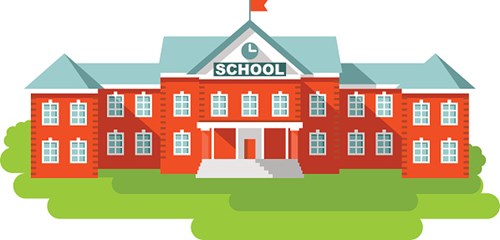These schools are funded by Local Authorities. They must follow the National Curriculum and have national teacher pay and conditions.
There are four main types of maintained schools:
Community Schools
These are run by the Local Authority who employ the staff, own the land and the buildings and set the admission criteria – which children and young people can go to the school.
Foundation Schools and Trust Schools
These are run by a governing body which employs the staff and sets the admission criteria – which children and young people can go to the school.
The land and buildings are either owned by the governing body or a charitable trust
Voluntary Aided (VA) Schools
These are schools where a foundation or trust, usually a religious body, contributes to the capital costs of the school. The governing body, which is mostly made up of people from the trust or foundation, employs the staff and sets the admission criteria – which children and young people can go to the school.
Voluntary Controlled (VC) Schools
These are run by the Local Authority which employs the staff and sets the admission criteria – which children and young people can go to the school.
A foundation or trust, usually a religious body, owns the land and the buildings and makes up some of the governing body.

